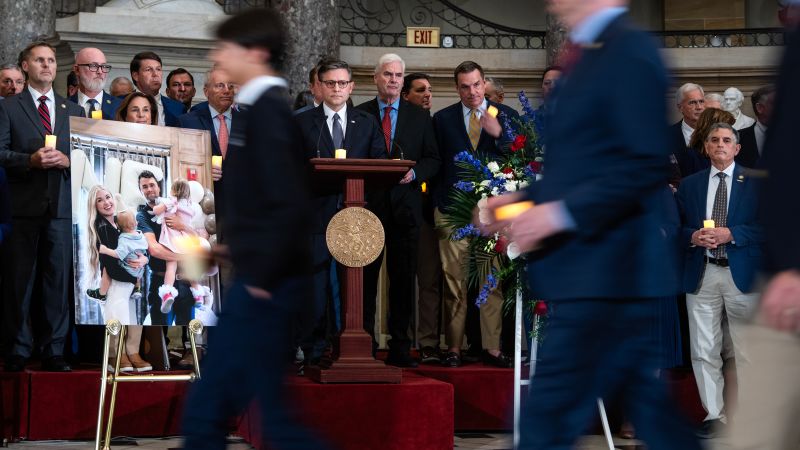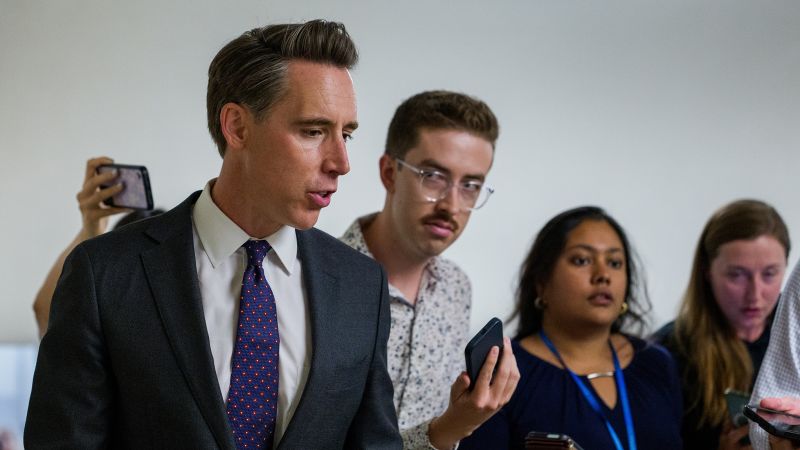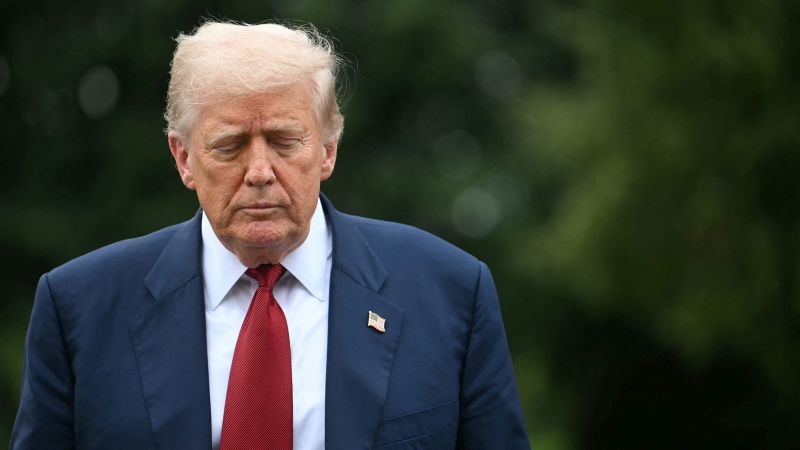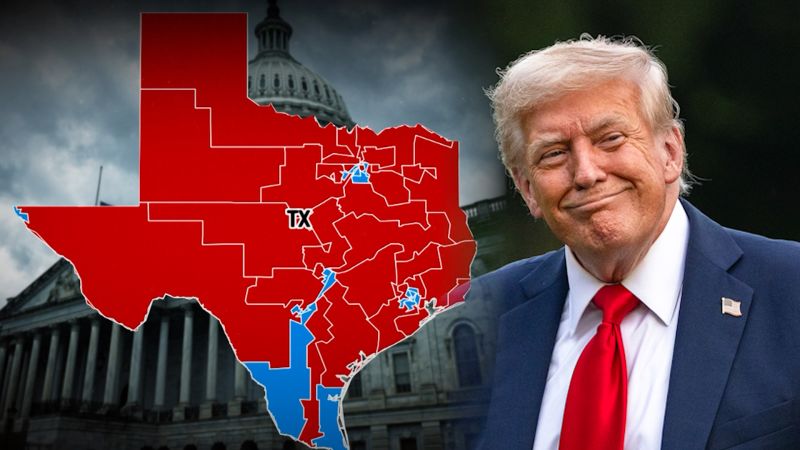
Addressing Political Violence After Tragic Event
Politics | 9/17/2025
In the aftermath of Charlie Kirk’s assassination, President Donald Trump and key allies are deliberating potential measures to address left-wing factions. The discussions have sparked division within the Republican Party, with varying perspectives on the feasibility and wisdom of pursuing retaliatory actions. The tragic event has reignited debates on political polarization and the appropriate responses to escalating tensions.
Unnamed sources close to the White House revealed that considerations are underway to address what some perceive as a growing threat from left-wing entities. The discussions are framed within a context of heightened concern over political violence and the need to ensure public safety. However, the proposed course of action has not garnered unanimous support within Republican ranks.
While some within the party advocate for a firm stance against perceived adversaries on the left, others caution against a rush to punitive measures. The issue has underscored the complex dynamics at play within the GOP and the broader political landscape, where differing approaches to ideological conflicts are being scrutinized in the wake of Kirk’s tragic death.
Legal and historical contexts surrounding responses to political violence and extremism loom large in the ongoing deliberations. The consideration of potential actions against left-wing groups raises questions about the balance between security measures and safeguarding civil liberties in a deeply polarized environment. The discussions reflect a critical juncture for the Republican Party as it navigates the aftermath of a high-profile tragedy.
As the discussions continue, the Republican Party grapples with internal dissent over the best path forward in addressing the aftermath of Kirk’s assassination. The divergent views within the party highlight broader questions about the role of partisanship, rhetoric, and policy in shaping responses to political violence, underscoring the complexities of navigating ideological fault lines in contemporary American politics.


